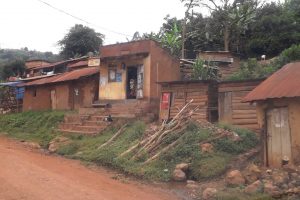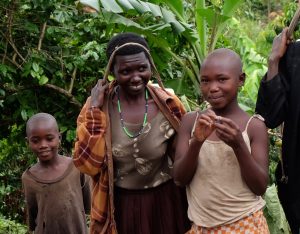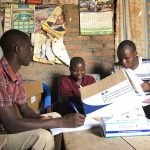Living with Poverty
A recent UN report from the Human Rights Council (2017) focused on mental health provision around the world, and stated that public policies continue to neglect the importance of the conditions that lead to poor mental health. These include violence, disempowerment, social exclusion and isolation, breakdown of communities, and poverty.
Health care in general can make a big difference to how countries grow their economies. A commission by “The Lancet” medical journal concluded that countries received £10 benefit for every £1 invested in health care and prevention of disease. But many countries have only a small proportion of the population paying tax, so governments have little money to spend on health.
Poverty is often made worse by corruption. In Uganda, fertiliser can make a big difference to the amount of a crop harvested. But it can be impossible to know if the fertiliser on sale is genuine or not. Do you spend your small amount of money on what may be fake, and risk wasting your money, or risk a smaller harvest and have less to sell, to pay school fees etc? Hard decisions all the time when you have so little.
In the news, we sometimes see extreme poverty, hunger and need, perhaps caused by conflict or natural disaster. Everyday poverty is often overlooked, and yet it is a gruelling part of life for so many people. In Uganda, about a third of the population still exists on less than £1 a day, and lacks access to sanitation and clean water. This is true in towns and cities as well as the rural areas.
One of the challenges the medical services we support face is that people with mental illness and epilepsy often have to pay for their medication. The government supplies are not adequate for whatever reason, and the non-government units have to charge. We are exploring a “community drug bank” which has worked elsewhere in Uganda. In this a community group all contribute and buy their drugs at cost. It is still hard, when you have so little money.
Many visitors to rural Africa are challenged by the fact that many local people living in poverty enjoy life, in a way that we in rich countries could learn from. They are also willing to share the little they have in ways that we, with so much more, are not always willing to do.



